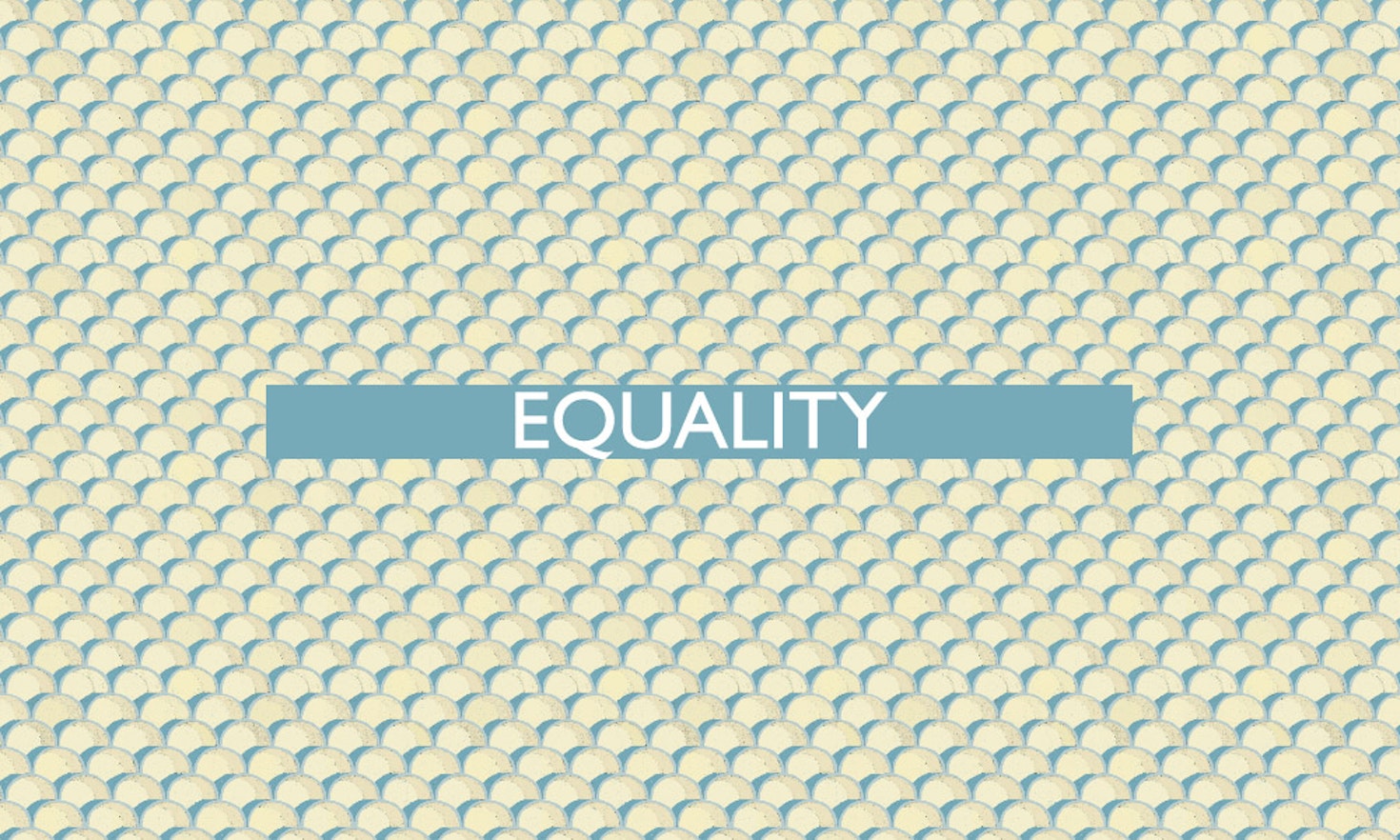
The Challenge of Regional Inequalities in Argentina and South Africa




Do you have twins? I do. Like many things in life, having twins is relevant under Article 20 of the EU Charter. You may be wondering why? Here goes: EU legislation provides both female and male workers a right to parental leave “on the grounds of the birth or adoption of a child to enable them to take care of that child”.1 What if you have twins? Can you and your wife go on parental leave twice? After all having twins is double the work (and twice the fun). The question was brought before Court in Greece which found that multiple pregnancy does not entitle you to multiple periods of parental leave. The case came before the EU Court in Luxembourg and Article 20 of the Charter was invoked.2
What did the Court of Justice say? It concluded that although the directive itself does not entitle multiple parental leaves, the principle of equal treatment requires national law makers to “ensure that the parents of twins receive treatment that takes due account of their particular needs”.
“Everyone is equal before the law”: this is the shortest of all 54 articles of the Charter. Contrary to what one might think (and some fear), equality does not aim at making everybody equal. Rather the right to equality is also about a right to be different. As the EU Court confirmed, the principle of equal treatment not only requires that comparable situations are not be treated differently but that different situations are not be treated alike - unless such treatment is objectively justified.3
Of course, this is an extremely wide-ranging obligation for law and policy-makers. Is it realistic to expect that the State and all its entitities always treat comparable situations in a comparable manner? May a regulation differentiate between in-house lawyers and external layers?4 When calculating the length of employment service, is it legitimate to assimilate the voluntary periods women take for parental leave to the periods of leave men take for obligatory military service?5 Can the EU, in the context of its greenhouse emissions trading scheme, treat the steel industry differently from the plastic and aluminium industry?6
These are all difficult questions. And indeed the Court has stressed that the State “has a broad discretion where its action involves political, economic and social choices and where it is called on to undertake complex assessments and evaluations”.7
Nevertheless: the legislator is obliged to base distinctions on objective criteria appropriate to the aim pursued. Moreover, the establishment of an objective justification for treating two comparable situations in a different manner, will be far more demanding where the differentiation is based on personal characteristics. This is especially the case for the so called “protected grounds” dealt with in Article 21, which prohibits any discrimination. The obligation to treat everyone equally and the prohibition to discriminate overlap. Article 20 is the residual provision relevant for the distinctions not already protected under Article 21.8
The principles of equality can be found in all constitutions9 and it appears that two types of equality-clauses tend to be used. There is the formulation that is used in Article 20 of the Charter, namely a wide notion of ‘equality before the law’. And there is a more narrow notion of ‘equality in rights’. Close to 20 Member States use the first formulation, whereas the constitutions of Bulgaria, Czechia, Slovakia and Slovenia use the second model which is closer to the non-discrimination provision in Article 14 of the European Convention of Human Rights.10
The Dutch constitution is quite operational in stating that all persons in the Netherlands “shall be treated equally in equal circumstances”.11 The Swedish constitution lays down that public power shall be exercised “with respect for the equal worth of all”.12
What could be considered surprising is that many constitutions use wording that restricts the right to equality to citizens. This is the case for over a third of the EU Member States.13
Article 20 is amongst the most often referred to of the Charter provisions. It stands at the beginning of the chapter on equality in which seven provisions prohibit discrimination, accommodate diversity and aim at guaranteeing inclusion in our societies. Article 20 is in its general nature and formulation of horizontal relevance.14 At the same time it is this general nature which also limits its practical role compared to the prohibition of discrimination laid down in Article 21 of the Charter. Interested in knowing more? Well, here you are: ‘All EU-r rights‘, stay tuned!
1 Directive 96/34/EC repealed by Directive 2010/18/EU. 2 CJEU, case C 149/10, 16.9.2010. 3 CJEU, case C-292/97, 13.4.2000, Para. 39. 4 CJEU, case C-550/07 P, 14.9.2010. 5 CJEU, case C-220/02, 8.6.2004. 6 CJEU, case C-127/07, 16.12.2008. 7 CJEU, case C-127/07, Para 57. 8 Mark Bell, Article 20, in Steve Peers et al. (2014) The EU Charter of Fundamental Rights, 563-577, at 577. The court often appears to use Article 20 and 21 together but, in terms of their differing nature, it is appropriate to see in Article 20 the lex generalis compared to the more detailed Article 21 (lex specialis). 9 See however the constitution of Denmark which does not appear to have a general equality provision. 10 See Art. 6(1) of the Bulgarian constitution, Art. 1 of the Czech Charter of fundamental rights and freedoms, Art. 12 (1) of the Slovak constitution, Art. 14 of the Slovenian constitution. Note that Article 14 ECHR is accessory to the Convention’s substantive rights and has for this reason no independent existence (however for Article 14 ECHR to apply it suffices that another Convention right is applicable in the case at hand – there is no need for that second right to be violated). Therefore, certain forms of discrimination remain beyond the scope of ECHR. In order to address this limitation, protocol 12 was adopted providing for a general prohibition of discrimination under the ECHR system. The protocol entered into force on 1.04.2004. So far only a third of the EU Member States have ratified the protocol (Croatia, Cyprus, Finland, Luxembourg, Malta, Netherlands, Portugal, Romania, Slovenia, Spain). 11 Art. 1 of the Dutch constitution. 12 Art. 2 of the Swedish instrument of government. 13 See Art. 2 of the Austrian basic law on the general rights of nationals, Art. 10 of the Belgian constitution, Art. 1 of the French constitution, Art. 4(1) of the Greek constitution, Art. 40(1) of the Irish constitution, Art. 3 of the Italian constitution, Art. 10bis (1) of the Luxembourgish constitution, Art. 13 (1) of the Portuguese constitution, Art. 16 (1) of the Romanian constitution, Section 14 of the Spanish constitution. 14 In fact, during the negotiations in the European Convention drafting the Charter it was discussed whether to put Article 20 immediately after Article 1 of the Charter (on dignity). See Sven Hölscheidt, Artikel 20, in Meyer und Hölscheidt (eds.), Charter der Grundechte der Europäischen Union (2019), pp. 426-438, at 429.

This content is licensed under a Creative Commons Attribution 4.0 International license except for third-party materials or where otherwise noted.